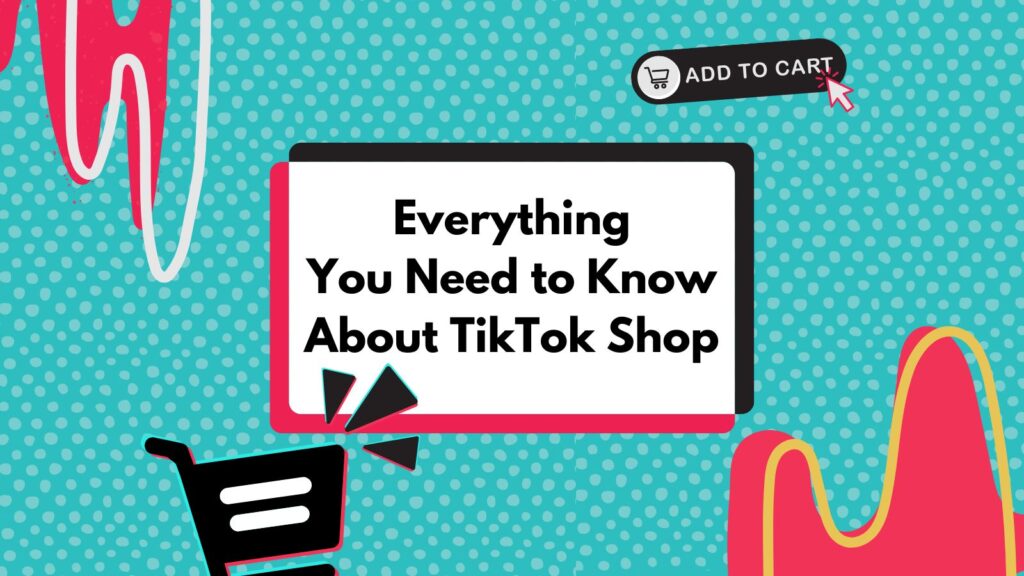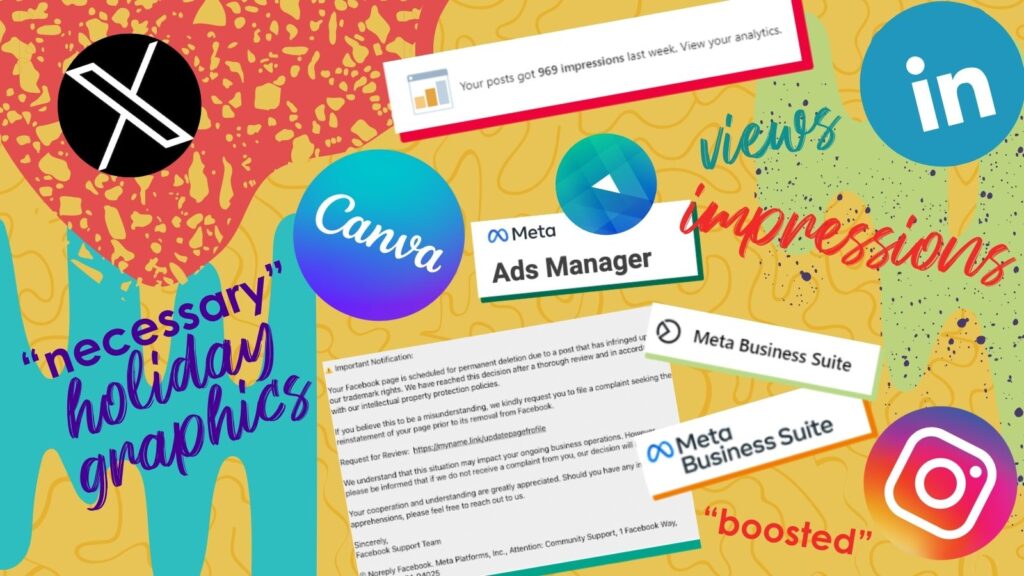You’re so vain, you probably think this blog is about you. Don’t you? Don’t you?
Take a second to remember the last time you were followed by a social media account with a bunch of followers. Sure, it sounds stupid, but it’s sort of an exhilarating experience, isn’t it? Someone with a lot of friends noticed you and decided you were worthy! Pretty exciting stuff.
Or is it? Vanity metrics like follower counts have been pretty controversial over the past few years. Do we need people to know that Kendall Jenner has 111 million followers? Does it matter that an egg got one million retweets? Do those numbers really do anything?
The answer is a resounding, “Um…maybe and it depends.” But, because people seem to be obsessed with gaining or losing a follower, we’ve broken down when vanity metrics do and don’t matter.
P.S. Kim thinks she is an influencer with 652 followers, so clearly it is all in the eye of the beholder.
The Big One: Follower Counts
When someone comments on content, it’s second nature for you to check their follower count first before you respond. An account with 10k followers? You treat it like a celeb. One with 5? Next, please.
And that’s a pretty good determiner for most social profiles (we’re saying most). Accounts like Twitter and Instagram are designed to feature that metric, which inherently makes it more important. Platforms like Facebook and LinkedIn, however, don’t feature those numbers as much, so users think about them less.
Still, a decent follower count can help add credibility to a page, regardless of the platform. You need enough to look capable, but other than that, this metric isn’t huge, especially since Facebook’s organic reach is at a stunning two percent nowadays (thanks, Mark).
The Controversial One: Likes
If you spend any time on social media, chances are you’ve heard that platforms like Instagram might be getting rid of like counts. That’s a pretty big deal for people who love data. Likes are a simple, non-intrusive way for someone to engage with content, and it helps professionals to learn about their audience.
So why get rid of them? Because likes are actually sort of bad for mental health. Crazy, right? It turns out that when someone gets a notification on social media, it actually spurs a little release of serotonin, which is what makes people happy. That happens again and again, and eventually our brains crave it. That means that when we post something and it doesn’t get likes, our brains say, “Hey. Wait a sec. Where’s my serotonin?” and get discouraged. Essentially, getting rid of likes is favoring users over metrics, which sort of makes sense.
In the meantime, use likes as your audience’s way of saying, “More, please!” Give them content similar to what they like and avoid content that doesn’t get likes. It’s as simple as that.
The Unpredictable One: Comments
This is the metric that can keep social media managers up at night. Comments are great, and the more comments you get, the better. That is, if the comments are good comments.
A post with a high comment count is going to grab your audience’s attention, but if it has a lot of pointless or negative comments, it’s probably going to hurt your brand instead of help it. Yes, you want user engagement, but this is strictly a quality over quantity situation. Encourage people to engage with your posts, but make sure you’re ready to deal with whatever they send your way when they do. Trust us. Metrics are great, but you need the right sort of engagement to create any sort of value out of these interactions.
Excited to get your metrics up, but not sure where to start? Contact our team to get your notifications flowing.









